Instead of throwing away those lemon peels, make dried lemon peel powder. After all, those peels are packed with vitamin C and other nutrients that your precious body greatly benefits from. Moreover, there’s no extra cost, as you’d consume those lemons no matter what.
Why make your own dried lemon peel powder.
You eat lemons every day, right? Now, what do you do with the peels? I’m sure you just throw them into the garbage!
Did you know that roughly half of lemon’s vitamin C (some sources claim even more) hides in the peel? So, it’d be foolish to throw such treasure in the garbage. What can you do with those peels? Make lemon powder of course!
Will it cost less to make your own lemon powder?
I did the calculations and was amazed to find that it actually wouldn’t be a lot cheaper. However, given that you use lemons every day, it wouldn’t cost anything extra. Unless of course you buy a bunch of lemons just to make dried peel powder and end up wasting the juice.
I’d been doing my own dried lemon peel powder for about 6 months before I finally googled it. Apparently I was not the only nerd out there. However, I was happy to discover that my method (approach) of preparing the peels differs from all the others. The thing is, I don’t promote making a huge batch all at once. I mean, what would you do with the juice from 10 or more lemons? You could freeze it, but… Now, that I wouldn’t recommend!
How does it work for me? I dry the peels of the lemons I actually use during the day. And when I have enough dried peels, I grind them. That’s it!
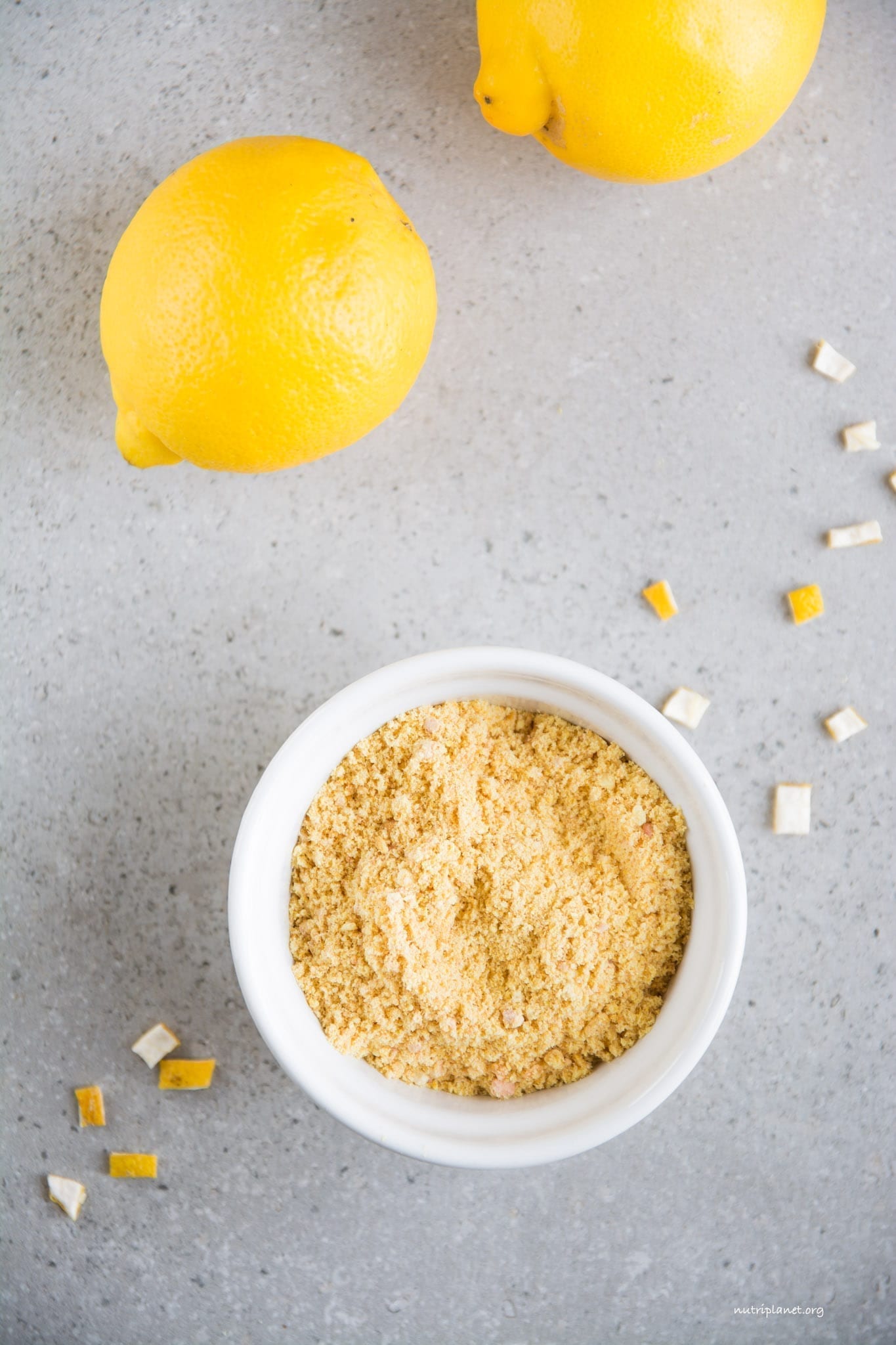
Why you should use organic lemons to make dried lemon peel powder.
You might think it’s trivial, but I would not recommend consuming peels from conventional lemon crops. It’s because the use of pesticides is widespread in citrus fruits production and many chemical substances may be applied in order to control undesirable moulds or insects. (1) It must be remembered, that it’d be mainly the peels of lemons where the pesticide residue is found.
Benefits of lemon peels.
Consider the following benefits before you throw away the peels of another lemon:
- All that fibre! 100g (3.5oz) of lemon peels contain 10.6 grams of fibre.
- It contains high amounts of calcium and vitamin C, which help maintain and improve bone health.
- Reduces oxidative stress. Lemon peels and lemon powder contain citrus bioflavonoids, which are powerful source for the reduction of oxidative stress.
- Eradicates toxic elements present in our body. Besides making us weak, those elements also increase our addiction to hard drinks and harmful eatables.
- May help fight cancer. Lemon peel contains salvestrol Q40 and limonene, which help fight the cancerous cells.
- Lemons are anti-microbial and protect against bacterial infections and fungi.
- Reduces cholesterol. This is due to the presence of polyphenol flavonoids in lemon peels.
- Contributes to healthy heart. Potassium in lemon peels (and also in dried lemon peel powder) help maintain the right blood pressure in our body.
- Maintains oral health. Vitamin C deficiency results in teeth related problems like bleeding gums, scurvy and gingivitis. Lemon peels are rich in citric acid, which helps fight these common teeth and gum related problems.
- Promotes weight loss. They contain a powerful fibre called pectin, which is responsible for the promotion of weight loss in the body. Pectin binds substances in the intestine and adds bulk to the stools. The fruits containing the most pectin are citrus fruits, especially grapefruits, lemons and oranges. The majority of the pectin resides in the citrus peel, but the pulp also contains some.
- Lemon peels and lemon powder help prevent and fight skin problems such as wrinkles, acne, pigmentation and dark spots. The free radicals play a very important role in this process. Besides, antioxidants found in the peels tend to be a great detoxifier of the skin. (2)
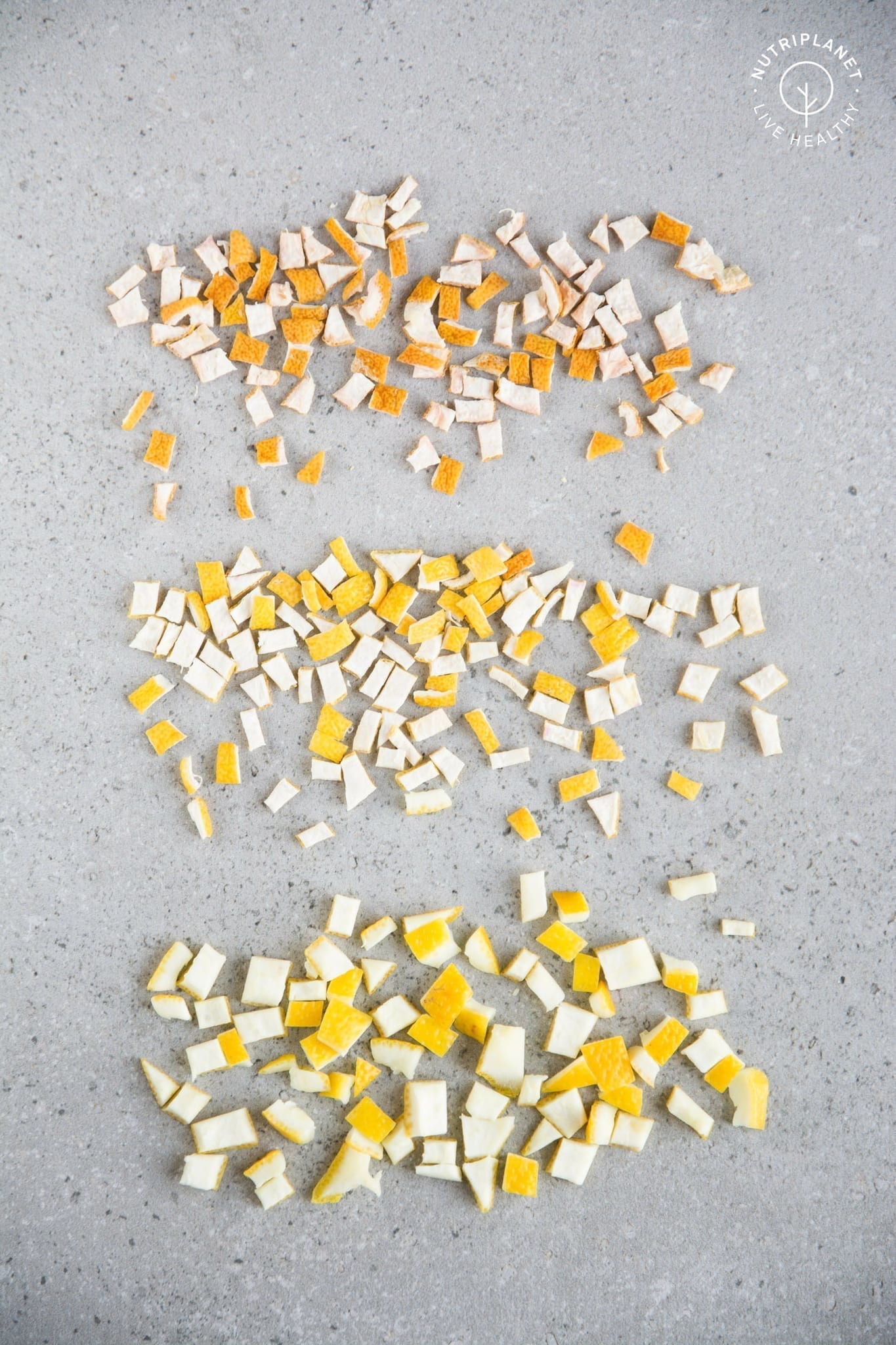
Cautions with citrus peels!
Apparently there’s also another side to lemon peels and dried lemon peel powder.
Namely, the oils found in citrus peels can interfere with some body functions. For example, they contain a compound known as citral that counteracts some of the effects of vitamin A. Some people are also allergic to citrus peels, in which case citrus fruit should be consumed cautiously. (3)
And finally, I’d love to hear from you! Please let me know whether you’ve made dried lemon peel powder yourself. Also, please share any uses for lemon peels that I don’t mention below. Or post your citrus peel adventures in social media and tag me! Instagram @thenutriplanet and Facebook @nutriplanet.health.hub
Zinc is an essential mineral that supports the immune system, digestive system, cellular growth and development, and more. This certified organic, liquid formula contains zinc derived from guava leaves, enhanced with Energized Trace Minerals for increased bioavailability.
Disclosure: this post contains affiliate links. As a Global Healing affiliate I earn from qualifying purchases. For every purchase made from the links in this post, you’ll be able to support my work. So you can look after your health, and contribute to my mission at the same time. Thank you!
Print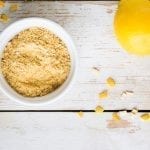
How to Make Dried Lemon Peel Powder
- Yield: 1 Jar
Description
Instead of throwing away those lemon peels, make dried lemon peel powder. After all, those peels are packed with vitamin C and other nutrients that your precious body greatly benefits from. Moreover, there’s no extra cost, as you’d consume those lemons no matter what.
Ingredients
Organic Lemon
Instructions
- First, wash the lemon(s) carefully and then pat them dry with kitchen paper.
- Next, cut lemon(s) in half and squeeze out the juice. You could also use a vegetable peeler to remove the zest, but it’d be more difficult to get the juice out of the lemon(s).
- Now, halve the 2 pieces of peels, so that you’d get quarters. Remove the inner layer along with some of the white pith (this is the only part the goes wasted).
- Then, using kitchen scissors cut the peels into thin strips and the strips into small cubes. I recommend doing this to spare your processor or grinder (not necessary if you have a badass blender).
- Leave them to dry out completely. You may use your oven or dehydrator. Alternatively let them dry on kitchen counter or on a windowsill in the sun. It’ll take about 36-48 hours at room temperature. As I dry small quantities, I put them on a plate. Once they’re completely dry, I transfer the pieces into a glass jar. Should you dehydrate a bigger batch, feel free to toss them onto baking sheet covered with parchment paper.
- Once the peels are completely dry (and you have gathered enough peels), transfer them into blender or spice grinder and process until fine.
- Store in a cool dry place away from sunlight. I store mine in a glass jar in the fridge.
Notes
I repeat it once again – gather the peels of the lemons you actually use every day, dry them, and store the dried peels in a glass jar in fridge. Once you have enough, grind them into powder.
A heaped teaspoon has 35mg vitamin C, 4mg magnesium, 3.2mg phosphorus, 43.6mg potassium, 36.4mg calcium, 3.6μg folate, 13.6IU vitamin A.
- Method: Drying
Nutrition
- Serving Size: 5g, a heaped teaspoon
- Calories: 12.7 kcal
- Sodium: 1.8g
- Fat: 0g
- Carbohydrates: 4.5g
- Fiber: 2.7g
- Protein: 0.5g
Do you need a powerful super-expensive badass blender or food processor to make your own lemon peel powder? No, but it’d definitely make the process quicker and the result would be a really fine powder with almost no chunks in it. For your information, I’m using a grinder that came with my food processor (you can see it in the video). It’s not perfect, as I don’t get a really fine powder, but it does the job – the few bigger pieces in my lemon peel powder don’t bother me.
Can the same method be used to make any dried citrus peel powder? Yes, definitely! Feel free to make your own dried orange peel powder, grapefruit peel powder or lime peel powder.
Dried lemon peel powder uses:
- Use it whenever a recipe calls for lemon peel or lemon zest. For example, make a good use of it in my Vegan Lemon Cake or Chickpea Cookie Dough Bites.
- If you’re too lazy to squeeze a lemon, add dried lemon peel to your salad dressing, smoothie, yogurt, dessert etc.
- You can even add dried lemon peel powder to your water to give it a nicely fresh lemony flavour.
- Make your own lemon pepper – simply grind some dried lemon peel with peppercorn and season your savoury dishes.
Substitutions for dried lemon peel powder:
Dried lemon peel powder is about 3 times stronger than fresh zest.
- So, 1 tablespoon of fresh lemon zest = 1 teaspoon of dried lemon peel powder.
- Lemon essential oil is even more potent: 1 teaspoon of dried lemon peel = 1-2 drops of lemon essential oil.
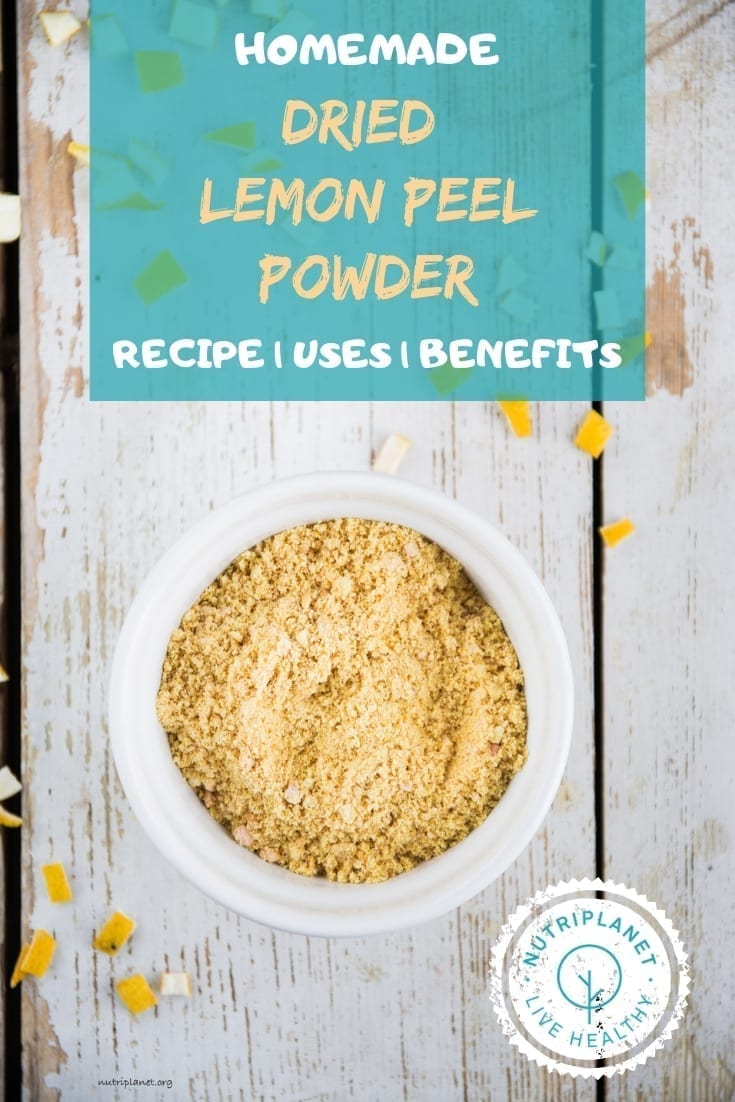
This post is also available in: Spanish

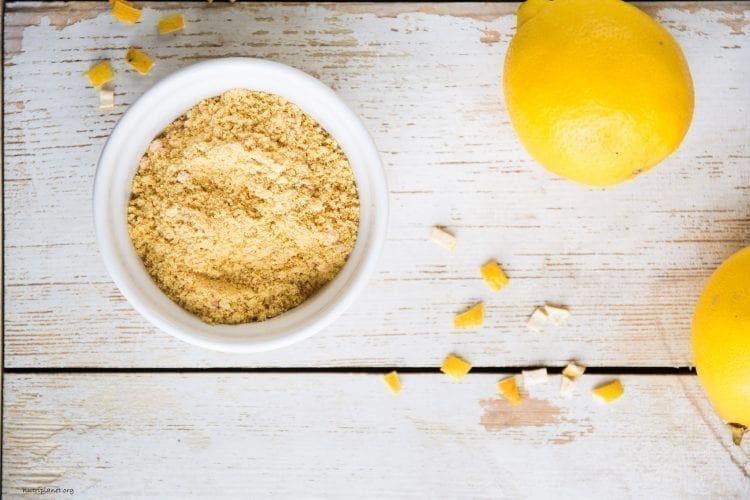



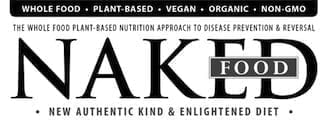



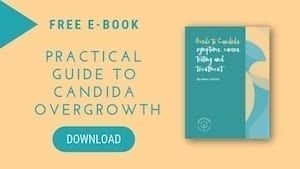

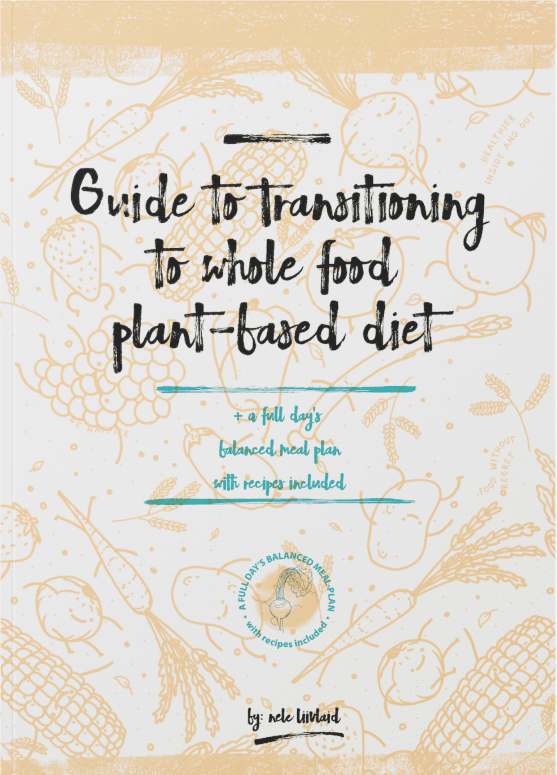
I love that you use the white part of the skin pith as well. It goes against every other belief that you should not include it due to bitterness?
Hi Suzanne! No, in my opinion, the pith is not bitter at all, especially when it dries out.
I always thought that if you stored fresh fruit/veg too long it would lose most of its vitamin content. It’s what we are always told. I have dried the lemon peels, easy. Put the pieces on a saucer in my sunniest room and they have now dried so will break (4-5 days) I am worried as one lemon peel although perfectly dried has a redish look which it didnt have until day 1, the other lemon hasn’t. I thought the red could be a fungus, like you sometimes see in a bathroom. Am I just being silly? the other Lemon pieces haven’t got that tinge, same place to dry, same windowsill. Also after 5 days how much vit C is going to be left, would you know?
Hi Lynne,
I found an article that compared different drying methods of different fruits and veggies (not lemon peels though) and in case of solar/sun drying the vitamin C retention was about 11%, i.e. about 89% remained intact. In some cases it was better to dry under direct sunlight and in some cases in shade. So, I can’t be sure what would be the best for lemon peels. Here’s the paper https://ucanr.edu/datastoreFiles/608-216.pdf
I think that the reddish colour depends on the sort of lemons. I have also noticed that peels of some lemons have a red hue to them, but it’s not mould. Of course if you have dried them properly, so that every piece gets enough air.
I am interested in the grinder you currently used. Would you mind sharing the brand, I find it difficult in finding one that works best for my homemade spices.
Hi! I have a Kenwood food processor and the glass grinder is part of the set. Or you could get a coffee/spice grinder like this one https://amzn.to/3irEMYc
I used organic lemons and the powder is indeed very bitter! Too bitter to use in food (even mixed with sugar). So I will use it in cleaning products. I would definitly stick to just the rind and none of the white part.
Hi! I guess it depends on the lemons ??♀️ I’ve always used organic ones and never peel off the pith part and it tastes fine.
Pingback: Lemon Peel Powder for Face | Top 7 Brands of 2021 - Prerna Porwal